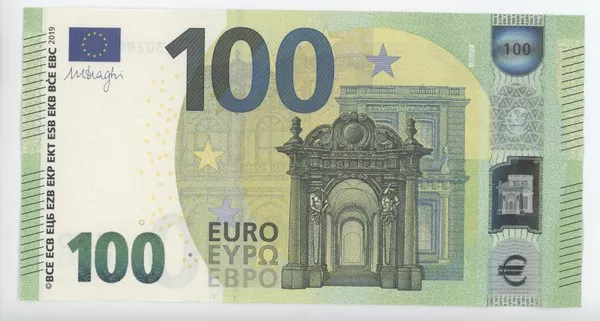The EUR/JPY cross faced a setback, breaking a three-day winning streak during the early European session on Thursday. Ongoing geopolitical tensions in the Red Sea have favored safe-haven assets like the Japanese Yen (JPY), exerting downward pressure on the cross. However, the downside for EUR/JPY may find a limit as market expectations suggest the Bank of Japan (BoJ) is unlikely to deviate from its ultra-dovish stance. As of now, the cross trades around 161.20, registering a modest 0.03% decline for the day.
ECB Governing Council member Bostjan Vasle noted that it is premature to anticipate the first rate cuts at the beginning of the second quarter. Emphasizing that inflation in the Euro area remains elevated, Vasle indicated that a return to the 2% target is necessary before any shift in the central bank‘s monetary policy course.
Contrastingly, the Japanese Yen faced weakening sentiments as investors anticipated the BoJ’s commitment to maintaining its ultra-dovish stance in the upcoming January policy meeting. Eiji Maeda, the former executive of the Japanese central bank, suggested on Wednesday that the BoJ might cease negative interest rates in April but will likely proceed cautiously in normalizing ultra-loose monetary policy, unlike the more assertive approach taken by the ECB.
Adding to the complex market dynamics, escalating tensions in the Middle East could act as a buffer for the downside of the JPY. Houthi rebels targeted a US-owned cargo ship with a kamikaze drone in the Red Sea, following the Biden administration’s decision to re-designate the Houthis on its list of global terrorists.
Looking ahead, market participants are keenly watching the ECB Monetary Policy Meeting Accounts and ECB President Lagarde’s speech on Thursday. The release of the December German Producer Price Index (PPI) on Friday will be closely monitored, with attention shifting to the BoJ Interest Rate Decision next week, potentially bringing increased volatility to the EUR/JPY cross and providing clearer market direction.



























